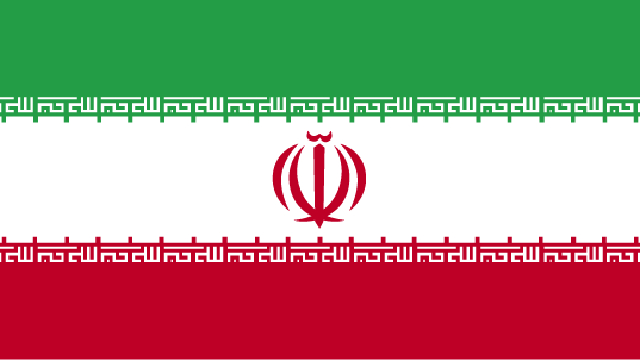
Iran has agreed to negotiations with the United States. This is a monumental step forward, that we’ve been building towards for years. What does it all mean?
1. These Are One-on-One Nuclear Talks
For the first time, Iran has agreed to one-on-one negotiation with the US. Iran has routinely rejected one-on-one talks with the US for a variety of reasons. Negotiations between the two countries have been carried out in groups. This is a huge breakthrough, that could help prevent a military clash that would be disastrous.
2. The Talks Have Been Delayed Until After The Election
The talks will not occur until after the November 6th US election. The reason for this is that the Iranian want to know who they will be negotiating with. In addition, Iranian president Mahmoud Ahmadinejad aptly observed to journalists during his most recent visit to the UN, “Experience has shown that important and key decisions are not made in the U.S. leading up to the national elections.”
3. This Is The Result Of Secret Talks
These negotiations are the result of years of hard work and secret discussions between American and Iranian officials that have been occurring since the start of the Obama Administration.
4. This Will Be Discussed In The Upcoming Debate
The upcoming presidential debate will focus on foreign policy. Given such a huge news story in that realm breaking just before the debate, there is no doubt that this will be a debate topic and one where we might be able to get a clear view of where the presidential candidates stand.
This will likely both please and annoy foreign policy wonks because it may push both candidates to give a clearer view on their thoughts while avoiding simple platitudes (or it might force them to be more vague and less committed to any particular stance), but it will definitely mean more time of the debate will be dedicated to the Middle East and increases the chances of the debate completely ignoring other areas off the world that are just as vital and necessary.
5. The Iranian Officials Will Report To The Ayatollah
It is still unknown if the Ayatollah Khamenei, Iran’s supreme leader, has signed off on the talks, but the people involved report directly to him.
6. The Obama Sanctions Are Working
This agreement might be a direct result of the Obama Administration’s sanctions. In addition to the UN sanctions, the Obama administration has had financial and energy sanctions in place against Iran. The result of the sanctions has been a crippled Iranian economy. Iran’s currency fell 40 percent in early October. These talks may be a sign that they are willing to make concessions to get some relief from the sanctions.
7. Romney’s Prior Promises May Haunt Him
Romney has taken an extremely hard line on Iran. If elected president his hard line may doom these historic talks. Romney has stated his absolute opposition to allowing Iran to enrich uranium to any level. Allowing Iran to enrich low levels of uranium for energy purposes (likely with strict UN inspections) would likely be necessary to any deal that would prevent Iran from getting the bomb. He has also stated that he would “respect” a military strike on Iran from Israel.
8. The Talks Could Fall Through Even If Obama Is Re-Elected
There is a fear that these talks are just a ploy to allow Iran time to complete elements of its nuclear program without military retaliation. Iran has used diplomacy as a smokescreen to reduce international pressure on it before.
9. The Iranian Want To Discuss Other Things
The Americans would like to keep the talks solely on Iran’s nuclear program. The Iranians would like to discuss other areas of disagreement as well, such as tensions over Syria and Bahrain.
10. Internal Politics Are Important
It is important to remember that regardless of what is said by either side in the coming weeks, internal politics always matter. There may be a specific audience that the parties involved are talking to that causes them to phrase things in a way other than their actual position.
One of the reasons direct talks haven’t happened earlier is that powerful leaders in Iran felt they couldn’t be seen as sitting down with “The Great Satan” as opposed to any real animosity towards negotiation. They were stuck because of a hard line they had previously taken. There is currently a power struggle in Iran between Ahmadinejad and Iran’s former nuclear negotiator, Ali Larijani.
Often, negotiations break down or never start because the parties involved have a false perception of each other due to not understanding the country’s internal politics.
(h/t NYT)